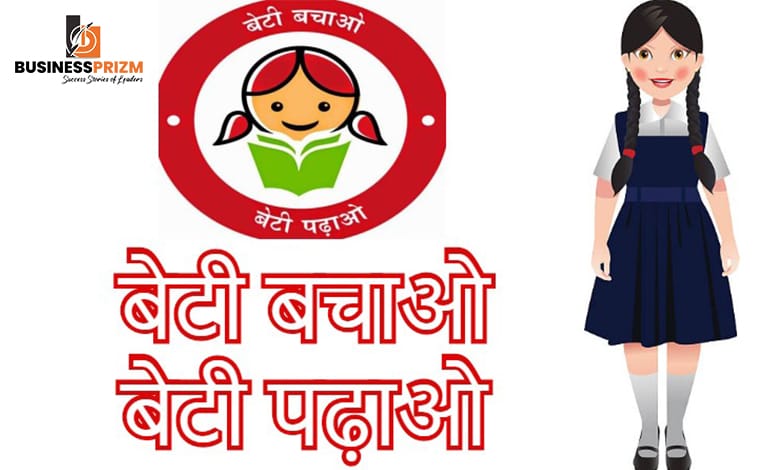Introduction:
The Government of India introduced the flagship program Beti Bachao Beti Padhao (BBBP) in 2015 to address the trend of dropping Child Sex Ratios (CSR) and to support girls’ education and empowerment. The purpose of this project is to raise awareness of the value of girls’ education and overall development. We examine the importance of BBBP and its effects on society in this essay.
Understanding Beti Bachao Beti Padhao:
The translation of Beti Bachao Beti Padhao is “Save the Daughter, Educate the Daughter.” The project is multi-sectoral and incorporates a range of partners, including local communities, government agencies, and civil society groups. The three main goals of the program are to avoid sex-selective elimination based on gender, to ensure the female child’s survival and safety, and to ensure her education and participation.
Addressing Gender Bias:
BBBP’s main objective is to tackle the pervasive gender prejudice that exists in Indian society. Discrimination based on gender frequently results in the abuse and neglect of girls, which in turn causes problems including sex-selective abortions, female infanticide, and unequal access to resources. Through community involvement, legal action, and awareness campaigns, BBBP works to alter public perceptions of the worth of girls.
Promoting Girl Child Education:
Despite the fact that education is a potent instrument for female empowerment, millions of Indian girls are not able to obtain a good education. BBBP places a strong emphasis on the role that education will play in influencing girls’ futures and ending the cycle of oppression and poverty. With the help of scholarships, school construction, and girls’ education initiatives, the effort hopes to provide every girl the chance to reach her full potential.
Empowering Girls:
Empowerment includes social equality, economic freedom, and good health in addition to educational access. By offering training in skill development, encouraging entrepreneurship, and guaranteeing access to healthcare services, BBBP aims to empower girls. Girls who feel empowered are more likely to make wise decisions in life, give back to their families and communities, and act as change agents.
Community Participation:
At the grassroots level, communities must actively participate in BBBP for it to be successful. Youth organizations, parents, teachers, and local leaders are essential in promoting gender equality, opposing harmful practices, and standing up for the rights of girls. Interventions conducted by the community, like street plays, awareness marches, and village gatherings, aid in promoting BBBP and fostering change.
Opportunities and Challenges:
Although BBBP has made great progress in promoting girls’ rights and increasing public awareness of them, a number of obstacles still need to be overcome. Advances in gender equality are nonetheless hampered by poverty, a lack of infrastructure, and deeply ingrained patriarchal practices. But there are also chances for creativity and cooperation. BBBP can more successfully address these issues by utilizing public-private partnerships, utilizing technology, and interacting with young people.
Measuring Impact:
Thorough monitoring and evaluation systems are needed to determine the impact of BBBP. Information about the child sex ratio, girls’ school enrollment and retention rates, and well-being indicators for girls offer valuable perspectives on the efficacy of the program. Policymakers can more effectively hone tactics and distribute resources by monitoring progress and pinpointing areas for development.
In conclusion
Beti Bachao Beti Padhao is a movement that aims to create a society that is more inclusive and equal than merely a government initiative. In addition to ensuring girls’ rights, we also open the door for social progress and sustainable development by supporting their education. In the midst of our ongoing advocacy for girls’ rights, let us restate our dedication to creating an environment in which all girls have the opportunity to reach their full potential.










